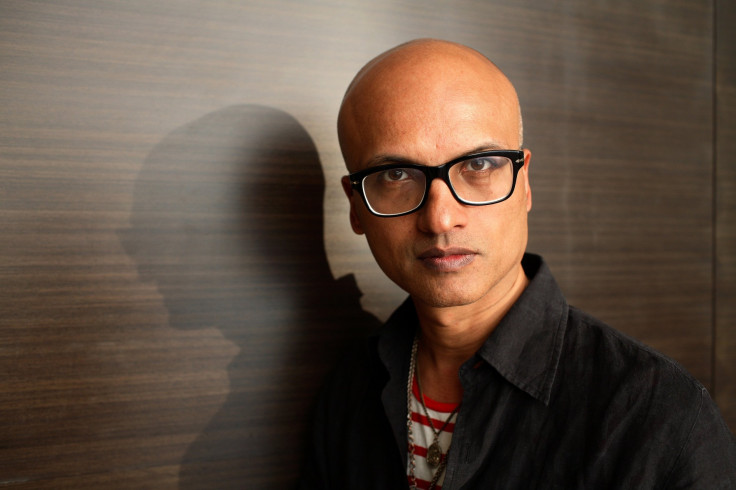‘Narcopolis’ Is Not A Reflection Of My Life: Jeet Thayil

“Narcopolis,” the debut novel by Jeet Thayil which has been shortlisted for the Man Booker Prize, is perceived to be a reflection of the life of the author since the experience of the protagonist, who is drawn to Mumbai’s underworld, is said to have some similarity with that of the novelist. But in an exclusive interview with the International Business Times, Thayil categorically denies that the novel is a reflection of his life.
“Narcopolis,” whose main characters include Rashid -- an opium dealer -- and Dimple -- a eunuch and prostitute, has been receiving rave reviews for its narrative style, which sounds melancholic, and for its depiction of the city of Mumbai which shifts between being realistic and dreamy. Here are the excerpts from the interview:
Heroin addiction is the central plot of the novel. What made you focus on it?
All the other plots were taken.
“Narcopolis” is not an easy book to read. How readers have responded to your book?
Not easily… in fact, with unease, not to mention dis-ease. Those who get it are moved by it, but not everyone gets it. And that’s ok; all readers are not equal.
The novel starts with a prologue that is a six-and-half-page single sentence. Is there any reason for choosing this particular style of writing?
It’s a test. If you get to page seven, you might like the book. If not, then not.
The city of Mumbai appears to be an important element of the novel. Is Mumbai important to your life also?
Though I no longer live there, I still consider it my city. When people ask me where I’m from, I say Bombay. It’s the city I’ve lived the longest and I’ve lived in a few cities in my time.
Initially, the book did not receive favorable reviews, especially from India. How did you feel about this?
I was not surprised. I expected bad reviews from the Indian book reviewers. Also, considering the rushed way reviews are produced here, many reviewers read other reviews instead of actually reading the book, which is why you are left with a strange sense of déjà vu.
Has the short-listing for Booker Prize changed your life?
Not yet.
You are also a poet. Which do you prefer to write, poems or prose?
Some days I write poetry, some days prose. It’s all writing.
Your father T J S George is an eminent writer and a highly respected editor. Has he influenced your writing?
Yes, he has. More importantly, he’s influenced my reading.
Do you have any advice for the upcoming writers?
Develop a thick skin; you will need it. I think writers are people who have been damaged in some way. And writing itself is a hard and lonely work. Why voluntarily submit to it if you don’t have to?
© Copyright IBTimes 2024. All rights reserved.











